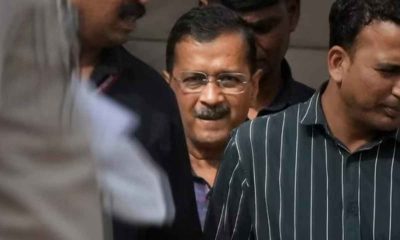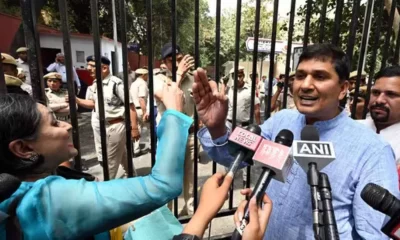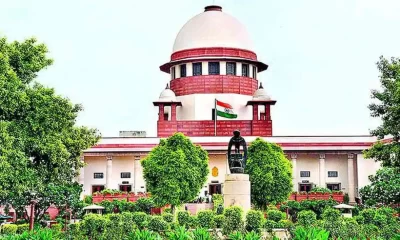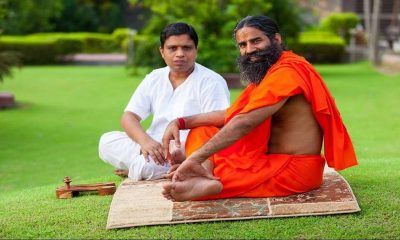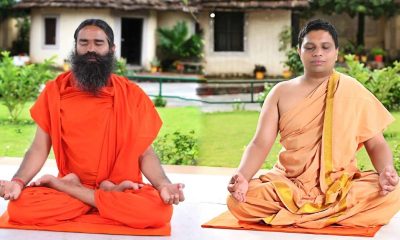India News
Triple Talaq verdict: How the dice rolled in the courts
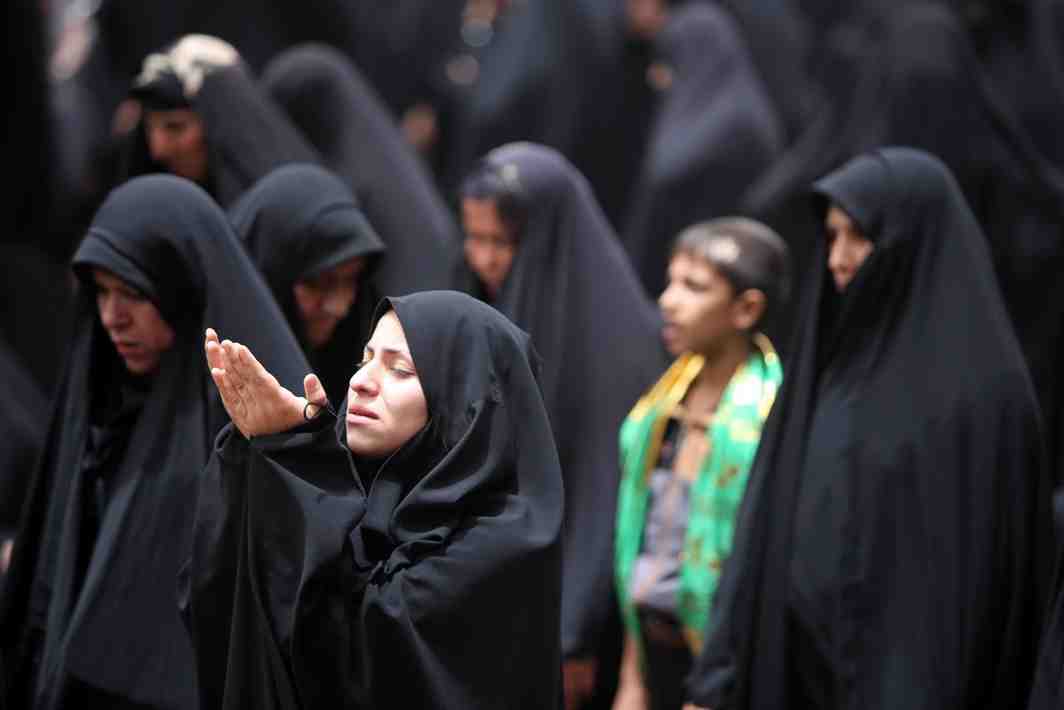
In a historic judgment, the Supreme Court, on Tuesday, in a 3:2 majority verdict termed Talaq-ul-Biddat or instant triple talaq as “manifestly arbitrary and unconstitutional”; setting the practice aside. We bring to you a timeline of how the verdict, which comes as a relief to lakhs of Muslim women across India, came to pass
■ 16 October, 2015: While dealing with a case filed by a Hindu woman regarding her rights of succession and inheritance, a Supreme Court bench asks Chief Justice of India to set up an appropriate bench to examine if Muslim women face gender discrimination in cases of divorce
■ 5 February, 2016: SC asks Attorney General Mukul Rohatgi to assist it on the pleas challenging constitutional validity of ‘triple talaq, nikah halala and polygamy
■ 28 March, 2016: SC asks Centre to file a copy of the report of a high-level panel on ‘Women and the law: An assessment of family laws with focus on laws relating to marriage, divorce, custody, inheritance and succession’
SC also impleads various organisations, including the All India Muslim Personal Law Board (AIMPLB), as parties in the case
■ 29 June, 2016: SC says triple talaq among Muslims will be tested on “the touchstone of constitutional framework”
■ 7 October, 2016: For the first time in India’s constitutional history, law officers of the Union government oppose the practice of triple talaq in the Supreme Court and move for a review on grounds like gender equality and secularism
■ 9 December, 2016: The Allahabad High Court, in a verdict, stopped short of calling the practice of triple talaq under Muslim law as “unconstitutional” but observed that personal laws could not override constitutionally guaranteed rights of individuals
■ 14 February, 2017: SC allows various interlocutory pleas to be tagged along with the main matter
■ 27 March, 2017: AIMPLB tells SC that these pleas were not maintainable as the issues fall outside judiciary’s realm
■ 30 March, 2017: SC says these issues are “very important” and involve “sentiments”, says a Constitution bench would start hearing the matter from 11 May
■ 3 May: SC asks senior advocate and Congress leader Salman Khurshid to act as amicus curiae in the case
■ 11 May, 2017: SC says it would determine if the practice of triple talaq is in line with the Constitution and fundamental to Islam. “We will only look at triple talaq and whether it is constitutional and not go into issues such as polygamy,” a five-judge Constitution bench said.
■ 12 May: SC says the practice of triple talaq was the “worst” form of dissolution of marriages among Muslims and was “not desirable” even though there were schools of thought which termed it as “legal”
■ 15 May: Attorney General Mukul Rohatgi told the Supreme Court that the Centre will bring in a new law to regulate marriage and divorce among Muslims if the practice of triple talaq is declared unconstitutional. He also asked the court to examine other aspects of Muslim personal law including nikah halala and polygamy
■ 16 May, 2017: AIMPLB says triple talaq is a 1,400-year-old practice, constitutional morality and equity cannot arise when a matter of faith is concerned
■ 17 May, 2017: SC asks the AIMPLB whether a woman can be given an option of saying ‘no’ to triple talaq at the time of execution of nikahnama (Islamic marriage contract). The five-judge Constitution bench headed by Chief Justice JS Khehar also wondered if all Qazis can be asked to include this condition at the time of marriage
■ 18 May, 2017: SC reserves verdict on batch of petitions challenging the constitutional validity of triple talaq
■ August 22, 2017: Judgement Day – Chief Justice of India begins reading out opinion given by different judges on the Bench. For a moment, it appears that since the verdict isn’t unanimous, the apex court wants to push the matter into the government’s lap as the Chief Justice and Justice S Abdul Nazeer favour that an injunction be imposed on triple talaq for 6 months during which the government can frame a law on the validity of triple talaq and have it passed by the Parliament.
However, it soon appears that Chief Justice Khehar and Justice Nazeer were both in a minority and the majority – Justices Kurian Joseph, Rohinton Nariman and UU Lalit – all ruled that Talaq-ul-Biddat is “manifestly unconstitutional, arbitrary” and also against the tenets of Islam and the Sharia laws. With the verdict split 3:2 and a majority calling the practice unconstitutional, triple talaq is set aside by the Bench.
2024 Lok Sabha Elections
Mallikarjun Kharge vows to continue politics till his last breath to defeat BJP
The 81-year-old Congress leader was speaking at a election rally in Afzalpur and said that if the people did not vote for the Congress candidate, he would think that he did not have any place in Kalaburagi anymore.

Congress President M Mallikarjun Kharge on Wednesday appealed to the people of Kalaburagi to at least attend his funeral if they thought he worked for them even though they do not wish to vote for Congress in the ongoing Lok Sabha elections.
The 81-year-old Congress leader was speaking at a election rally in Afzalpur and said that if the people did not vote for the Congress candidate, he would think that he did not have any place in Kalaburagi anymore. The Congress President sought an emotional chord with the people of his home district of Kalaburagi, Karnataka
The grand old party has fielded Kharge’s son-in-law Radhakrishna Doddamani from Kalaburagi, against BJP’s sitting MP Umesh Jadhav. Kharge had won the Lok Sabha elections from Kalaburagi in 2009 and 2014, but lost in 2019. He appealed to the voters to vote for Congress but at least come to his funeral if they thought that he had done some work in Kalaburagi. Kharge added that he would continue in politics till his last breath to defeat the BJP and RSS ideology.
The Congress leader said he is born for politics and whether or not he contests the election, he will continue to strive till his last breath to save the Constitution and democracy of the country. He asserted that he will not retire from politics. Kharge said that retirement happens from a position but one should not retire from his/her principles. He said he is born to defeat the ideology of the BJP and RSS and not to surrender before them.
He advised Karnataka Chief Minister Siddaramaiah, who shared the stage with him, to follow his principles. He said he had told Siddaramaiah many times that he may retire as CM or MLA, but he cannot retire from politics till he defeats the ideology of the BJP and RSS.
2024 Lok Sabha Elections
Nitin Gadkari says he’s better now after collapsing at election rally in Maharashtra’s Yavatmal
A disturbing video of the incident – which was unfortunately streamed live on X (formerly Twitter), including by his own account – showed Nitin Gadkari being carried away by those on stage, many of whom rushed to form a shield around the BJP leader to give him, and those treating him, some privacy.
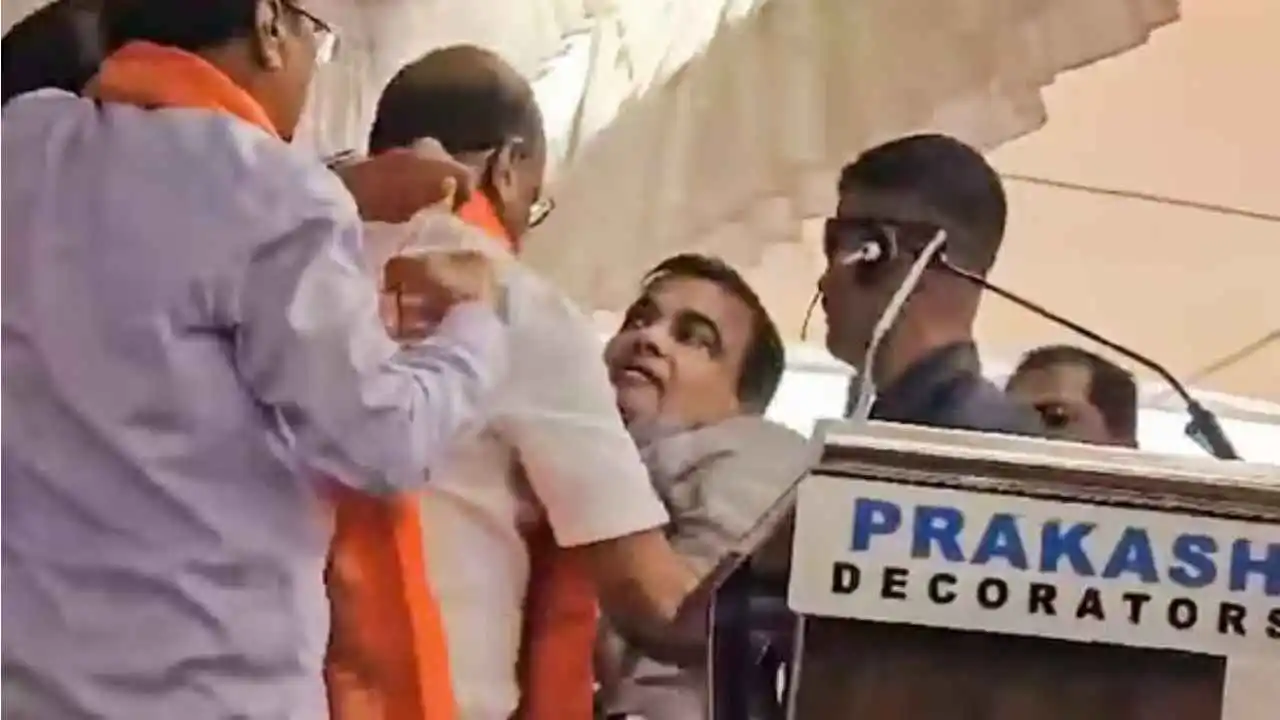
Union Road Transport and Highways Minister Nitin Gadkari collapsed while speaking at an election rally in Maharashtra’s Yavatmal on Wednesday afternoon. Fortunately, the senior Bharatiya Janata Party leader received prompt treatment and was able, after a brief pause, to get back up on stage and continue his speech.
A disturbing video of the incident – which was unfortunately streamed live on X (formerly Twitter), including by his own account – showed Nitin Gadkari being carried away by those on stage, many of whom rushed to form a shield around the BJP leader to give him, and those treating him, some privacy.
Nitin Gadkari took to X and informed that he felt uncomfortable due to the heat during the rally in Pusad, Maharashtra. But now he is completely healthy and is leaving for Varud to attend the next meeting. He thanked his supporters and well wishers for their love and good wishes.
Gadkari, who fought the elections in the first phase of voting as BJP’s candidate from Nagpur Lok Sabha seat, was campaigning for Eknath Shinde-led Shiv Sena leader Rajashree Patil in Yavatmal’s Pusad. Addressing the rally, the union minister said, he was confident that the people of Yavatmal district, which has a constant tendency towards development, will give victory to the BJP-Maha alliance, which believes in all-round development.
Gadkari posted on X that as the nation moves towards a developed India, under the leadership of Prime Minister Narendra Modi, significant work has been done in the last 10 years in the areas of roads and highways as well as health, education and other sectors across the country. He said many schemes of the central government were successfully extended to the rural areas. Due to this, along with the city, the people of the rural areas are also able to benefit from many important facilities.
The Yavatmal constituency along with Akola, Buldhana, Amravati, Hingoli, Wardha, Parbhani and Nanded in Maharashtra are scheduled to vote in the second phase of the Lok Sabha election on April 26.
2024 Lok Sabha Elections
PM Narendra Modi slams Congress over Sam Pitroda’s inheritance tax remarks, accuses Congress of intending to impose higher taxes
PM Modi was speaking at a public meeting in Chhattisgarh’s Surguja, where he alleged that the Congress wants to fill its own coffers by imposing ever higher taxes and not allowing people to pass on their hard-earned wealth to their children.
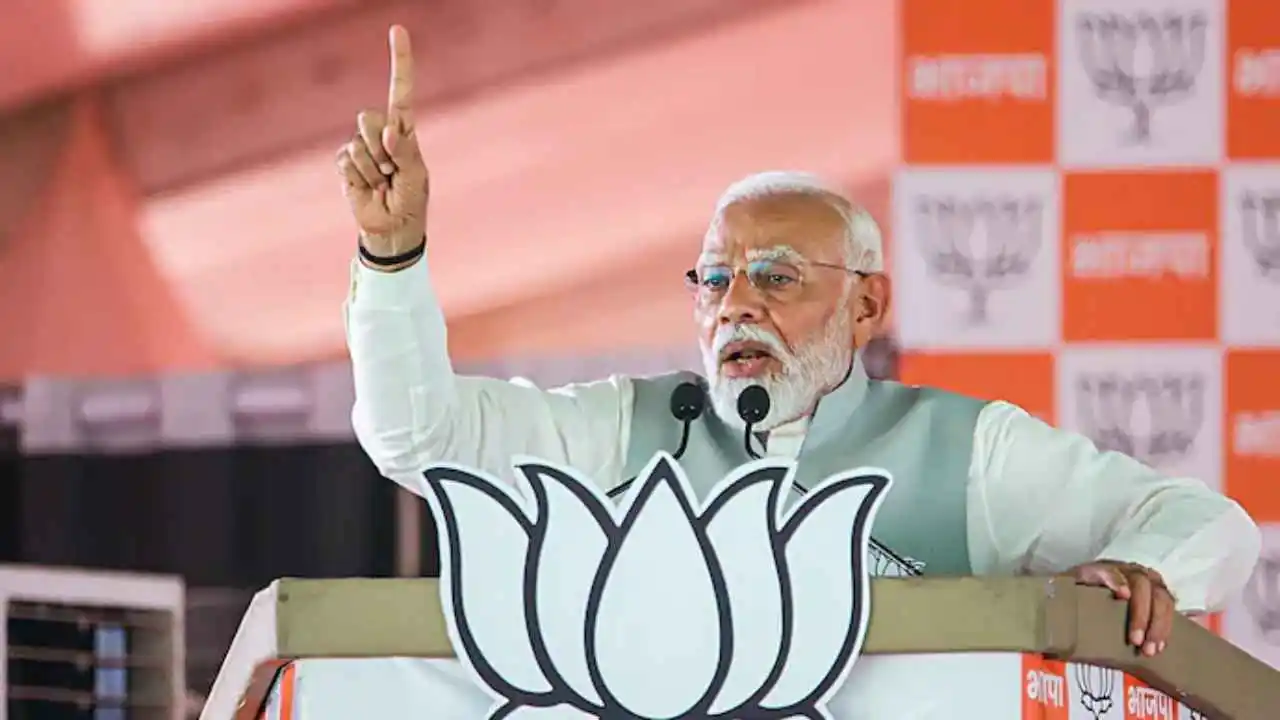
Prime Minister Narendra Modi on Wednesday launched a scathing attack on Congress after Sam Pitroda advocated for a US-style inheritance tax amid the ongoing debate over wealth redistribution. The comments have further fuelled an already-raging controversy over Rahul Gandhi’s promise to conduct a wealth survey if the Congress won the Lok Sabha election.
PM Modi was speaking at a public meeting in Chhattisgarh’s Surguja, where he alleged that the Congress wants to fill its own coffers by imposing ever higher taxes and not allowing people to pass on their hard-earned wealth to their children.
The Prime minister said the advisor (Sam Pitroda) of the prince and the royal family had said some time ago that more taxes should be imposed on the middle class. He said the Congress party says that it will impose an inheritance tax, and it will also impose tax on the inheritance received from parents. PM Modi added the children will not get the wealth that their parents accumulate through their hard work, rather the Congress party will snatch it away from them.
PM Modi said Pitroda’s remarks have exposed the dangerous intentions of the Congress. He took a veiled jibe at the Congress and said the party has only one mantra – to loot people zindagi ke sath bhi, zindagi ke baad bhi (in life and even after death).
The prime minister did not take any names and targeted the Gandhi family and said, those people who considered the entire Congress party as their ancestral property and handed it over to their children, now do not want Indians to pass on their property to their younger generations.
Indian Overseas Congress chairman Sam Pitroda while talking to the media backed his party’s stand on redistribution of wealth and called for a policy for the same while citing the concept of inheritance tax prevailing in some American states.
-
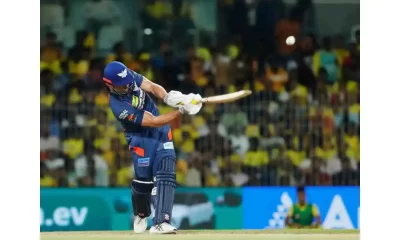
 Cricket news18 hours ago
Cricket news18 hours agoIPL 2024: Marcus Stoinis hits first IPL century as Lucknow Super Giants beat Chennai Super Kings by 6 wickets
-
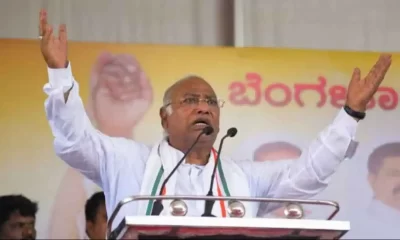
 2024 Lok Sabha Elections10 hours ago
2024 Lok Sabha Elections10 hours agoMallikarjun Kharge vows to continue politics till his last breath to defeat BJP
-
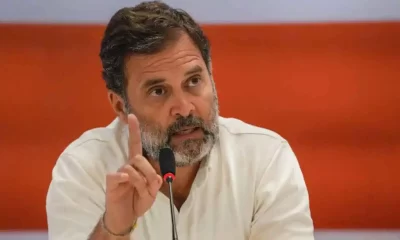
 2024 Lok Sabha Elections16 hours ago
2024 Lok Sabha Elections16 hours agoRahul Gandhi clarifies on wealth survey remark, says aim is to identify injustice
-
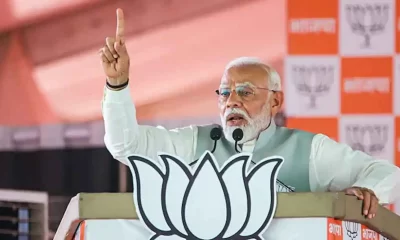
 2024 Lok Sabha Elections13 hours ago
2024 Lok Sabha Elections13 hours agoPM Narendra Modi slams Congress over Sam Pitroda’s inheritance tax remarks, accuses Congress of intending to impose higher taxes
-
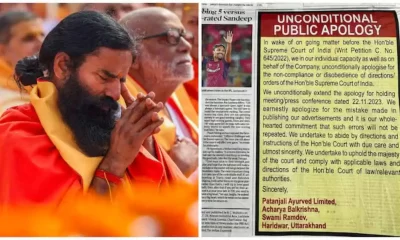
 India News16 hours ago
India News16 hours agoRamdev, Balkrishna publish bigger apology in newspapers after Supreme Court’s rap
-
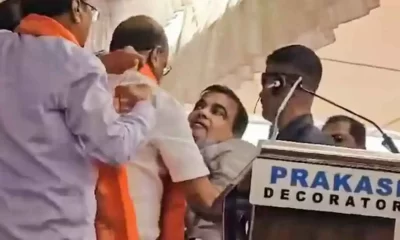
 2024 Lok Sabha Elections11 hours ago
2024 Lok Sabha Elections11 hours agoNitin Gadkari says he’s better now after collapsing at election rally in Maharashtra’s Yavatmal
-
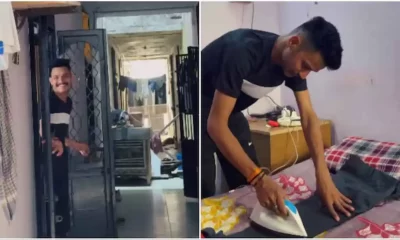
 Trending14 hours ago
Trending14 hours agoA waiter’s life: Social media users go emotional on watching viral video
-

 Entertainment12 hours ago
Entertainment12 hours agoMadhuri Dixit, Karisma Kapoor recreate Dil To Pagal Hai dance battle on Dance Deewane

